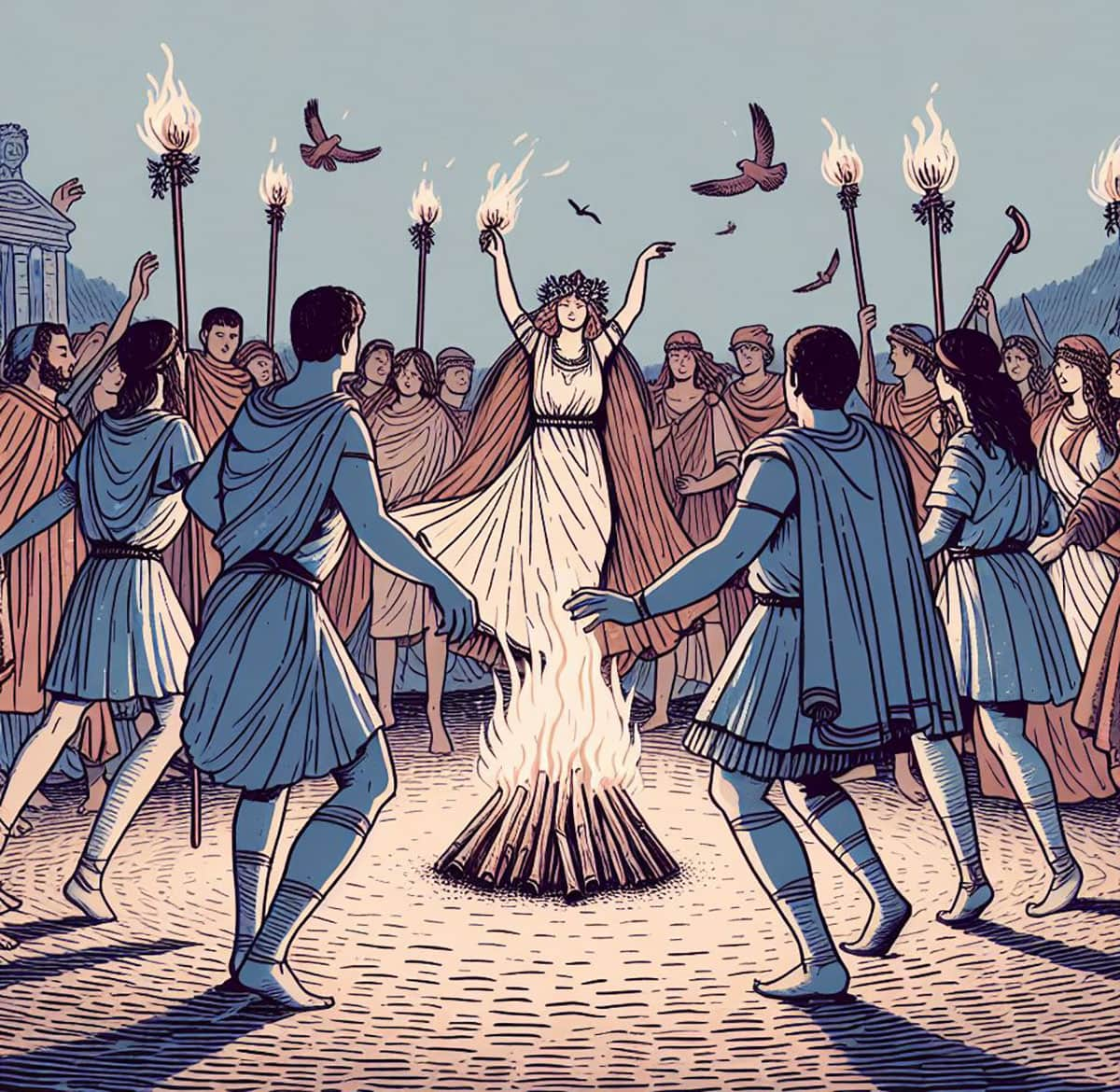Brumalia: A Roman Winter Solstice Festival
Brumalia was likely a derivation of the ancient Greek Lenaia festivals dedicated to Dionysus, where excesses in wine drinking and the liberalization of customs also took place.

Brumalia was likely a derivation of the ancient Greek Lenaia festivals dedicated to Dionysus, where excesses in wine drinking and the liberalization of customs also took place.



